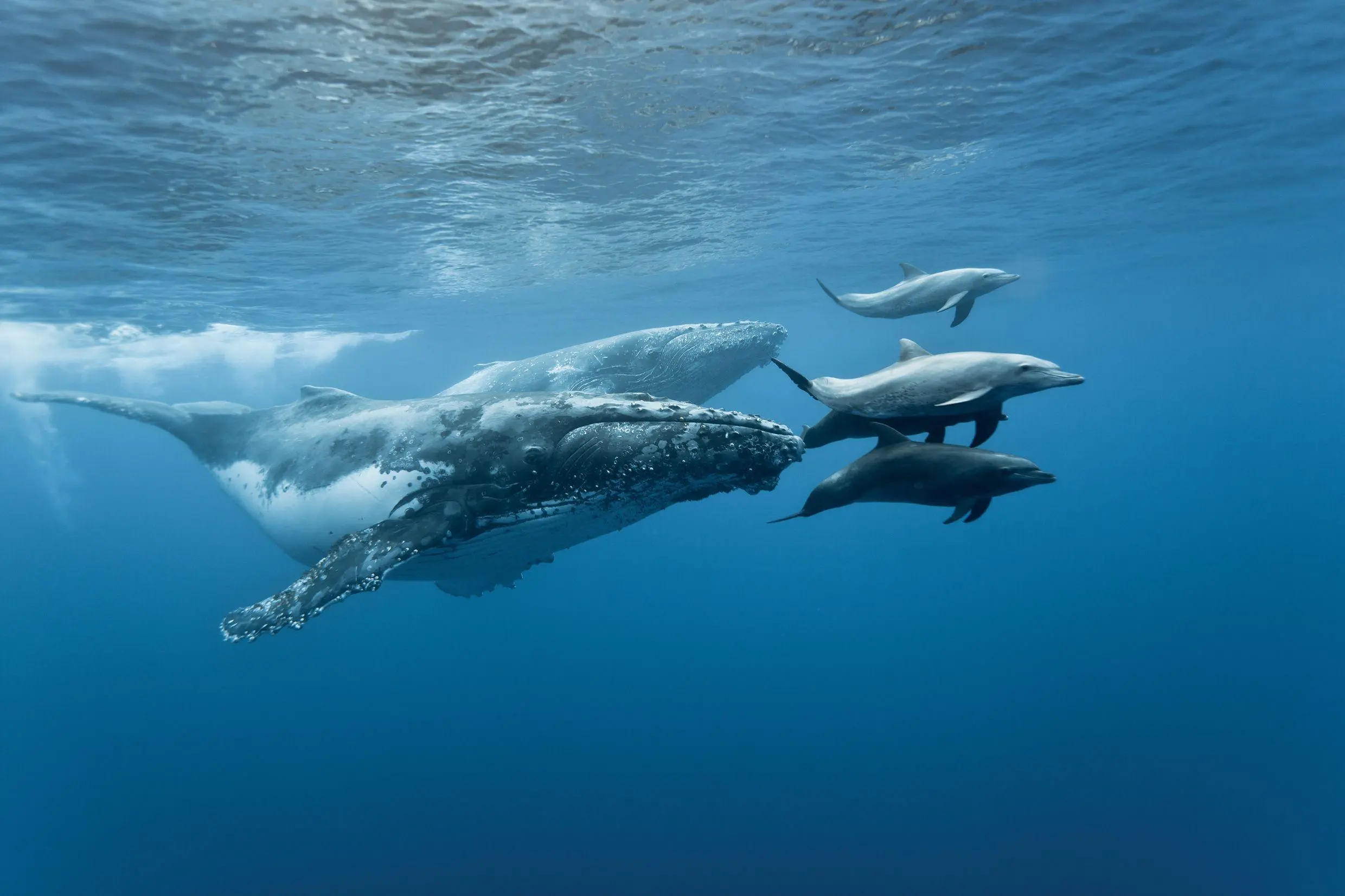Indigenous leaders from New Zealand, Tahiti, Tonga, and the Cook Islands have granted legal personhood to Pacific whales and dolphins.
This transformative treaty, known as the He Whakaputanga Moana or Declaration for the Ocean, was crafted under the leadership of the Hinemoana Halo Ocean Initiative.
It integrates Māori traditional wisdom with modern conservation strategies, heralding a new era in marine protection.
Whales and dolphins, revered as ancestral guardians in many Polynesian traditions, now enjoy rights that shield them from environmental harm.
These rights catalyze the creation of marine protected areas and impose limits on destructive activities, safeguarding these species’ habitats and promoting population recovery.

Such steps are crucial, as these mammals significantly influence marine ecosystems by capturing carbon, thus combating climate change.
This initiative is part of a wider movement to afford legal rights to nature, echoing New Zealand’s earlier actions with the Whanganui River.
Pacific Whales and Dolphins Granted Legal Personhood in Groundbreaking Treaty
By extending these rights to marine life, the treaty not only aims to protect these vital creatures but also encourages global cooperation in marine conservation.
This call to action invites nations worldwide to join in preserving our oceans, ensuring a thriving marine environment for future generations.
In conclusion, the He Whakaputanga Moana serves as a model of innovative conservation, integrating indigenous knowledge with scientific research.
This approach is paving the way for a sustainable future for ocean life.

